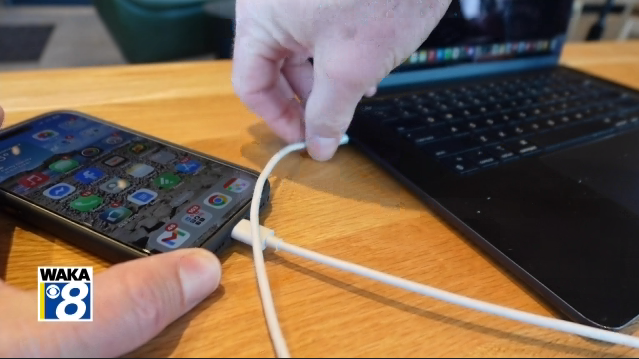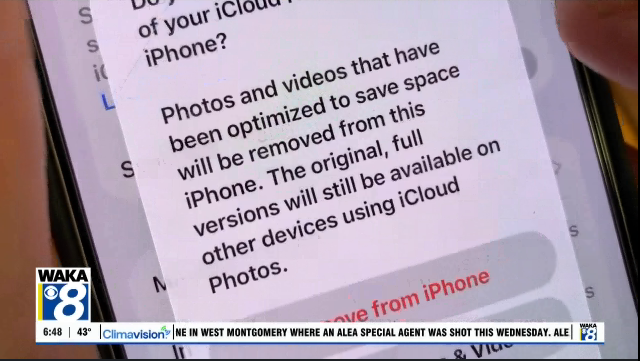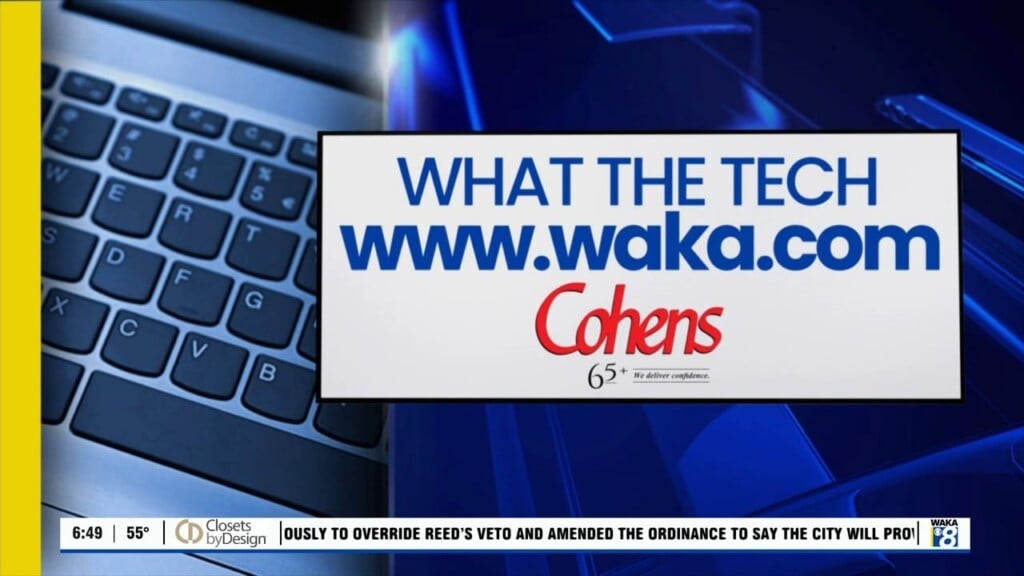What the Tech: Can you always trust the links that Google finds for you?
By JAMIE TUCKER Consumer Technology Reporter
When you need quick answers, chances are you head straight to Google. It is the first step for billions of people every day.
But what appears at the very top of your search results may not always be the safest, cheapest, or most accurate option. In some cases, those first links can lead you to misleading or costly websites.
I recently tested a search that many international travelers will make: “apply for ETA travel to London.” An ETA, or Electronic Travel Authorization, is a short form you need to fill out before traveling to the United Kingdom.
The very first result that popped up looked convincing. It had a professional layout, an official-looking logo, and all the right keywords. On the surface, it appeared to be the UK government’s official site. But it was not.
Travelers have reported being charged over $100 for something that costs about ten dollars on the actual government website. The difference? The expensive site is operated by a third-party company. They take your application, submit it for you, and keep the extra money as a service fee.
Google labels these as “sponsored” results, meaning the company has paid to be at the top of the page. But the label is small and easy to miss, especially if you are in a hurry. As a result, official sites often get pushed lower, sometimes below companies with poor reviews or complaints about refunds.
To be clear, these businesses are not necessarily scams. They are legitimate companies providing a service that some travelers may find useful. But for most people, it is an unnecessary expense. The problem is that many users never realize there is a cheaper alternative a few links down.
This is not limited to travel documents. Similar issues pop up with other searches too. People looking for tax forms, driver’s license renewals, or even tech support have been led to third-party services through sponsored ads. In some cases, actual scam sites make it to the top, tricking users into handing over money or personal information.
The best way to avoid paying more than you should is to slow down and check what you are clicking. Look for official domains, especially for government services. In the United States, those end in “.gov,” while in the UK, they end in “.gov.uk.”
You can also use a search trick by adding “site:.gov.uk” to your query to only see official UK government results.
Sponsored links are not always bad, but they should not be your first stop without a closer look. That extra second could save you a lot of money and frustration.






